E Prescribing Systems Size
E-Prescribing Systems Market Growth Projections and Opportunities
Government actions to encourage electronic prescribing affect the market for electronic prescription systems. Healthcare practitioners worldwide are under pressure from governments to switch from paper orders to digital tracking. This improves patient safety, reduces medication mistakes, and streamlines healthcare. Electronic prescription systems decrease medication mistakes and side effects, making them crucial to market shaping. Electronic ordering eliminates misunderstandings and improves prescription accuracy, improving patient safety and results. Electronic prescription tools compatible with EHRs help the industry grow. Integration helps doctors choose prescriptions by giving them access to a lot of patient data, such as drug history and allergies. Prescription software is improving, making electronic prescribing systems more useful. New technologies including decision support tools, real-time menu inspections, and computerized prior approval boost industry growth. These technologies boost electronic prescription market development by improving efficiency and effectiveness. Healthcare integration is attracting commercial interest. Electronic prescription systems that ease communication between doctors, pharmacists, and others are becoming more common. This improves healthcare integration. E-Prescribing Systems are in demand because to the rise in telehealth and remote consultations. Electronic prescribing makes virtual care prescriptions easier for doctors. Patients may acquire their drugs quickly without visiting the pharmacy. Electronic prescription solutions that stress patient engagement and simplicity of use grow the market. Electronic prescription refills, patient access to prescription information, and medication adherence comments enhance patient experience and encourage doctors to use electronic prescribing. Medication adherence tracking is another benefit. Electronic prescribing systems are affected by strict prescription-filling rules. Electronic ordering alternatives must comply with US rules such the Electronic ordering of Controlled Substances (EPCS) law. The sector is facing growing patient privacy and data security issues. Encryption and secure data transfer in electronic prescription systems build trust among healthcare professionals and patients, which boosts business growth. Healthcare organisations are increasingly seeking electronic prescription tools to save money and boost productivity. Electronic ordering simplifies pharmaceutical management, lowers mistakes, and simplifies paper prescription paperwork. All of these elements make healthcare more efficient and cost-effective. To maximize market outcomes, collaborate and integrate with pharmacists. Electronic prescribing solutions simplify physician-pharmacist communication, making prescription fulfillment faster. This reduces delays and improves drug control.
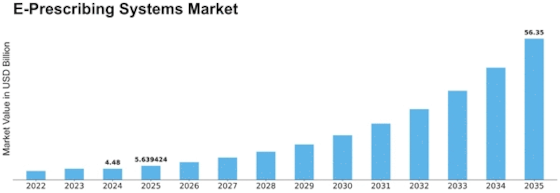


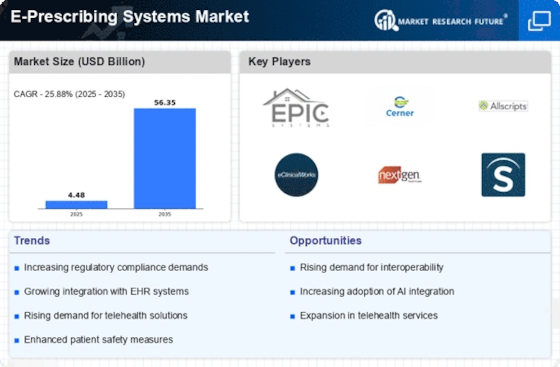


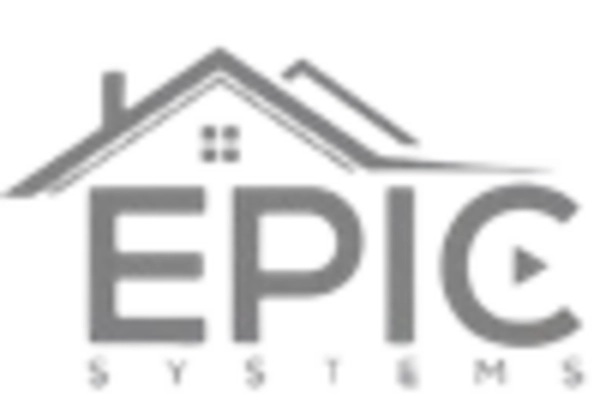
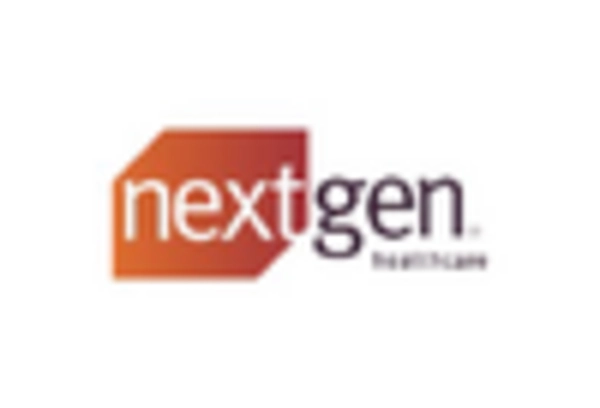

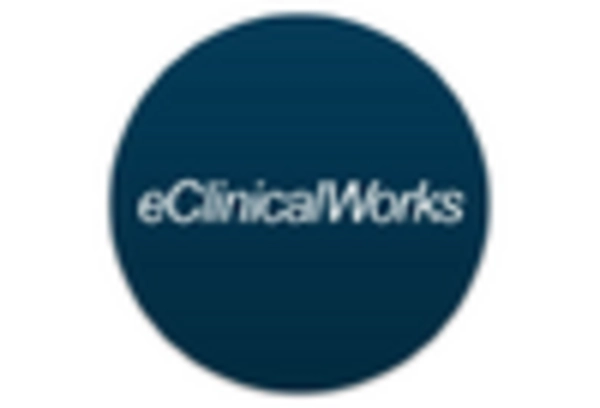









Leave a Comment